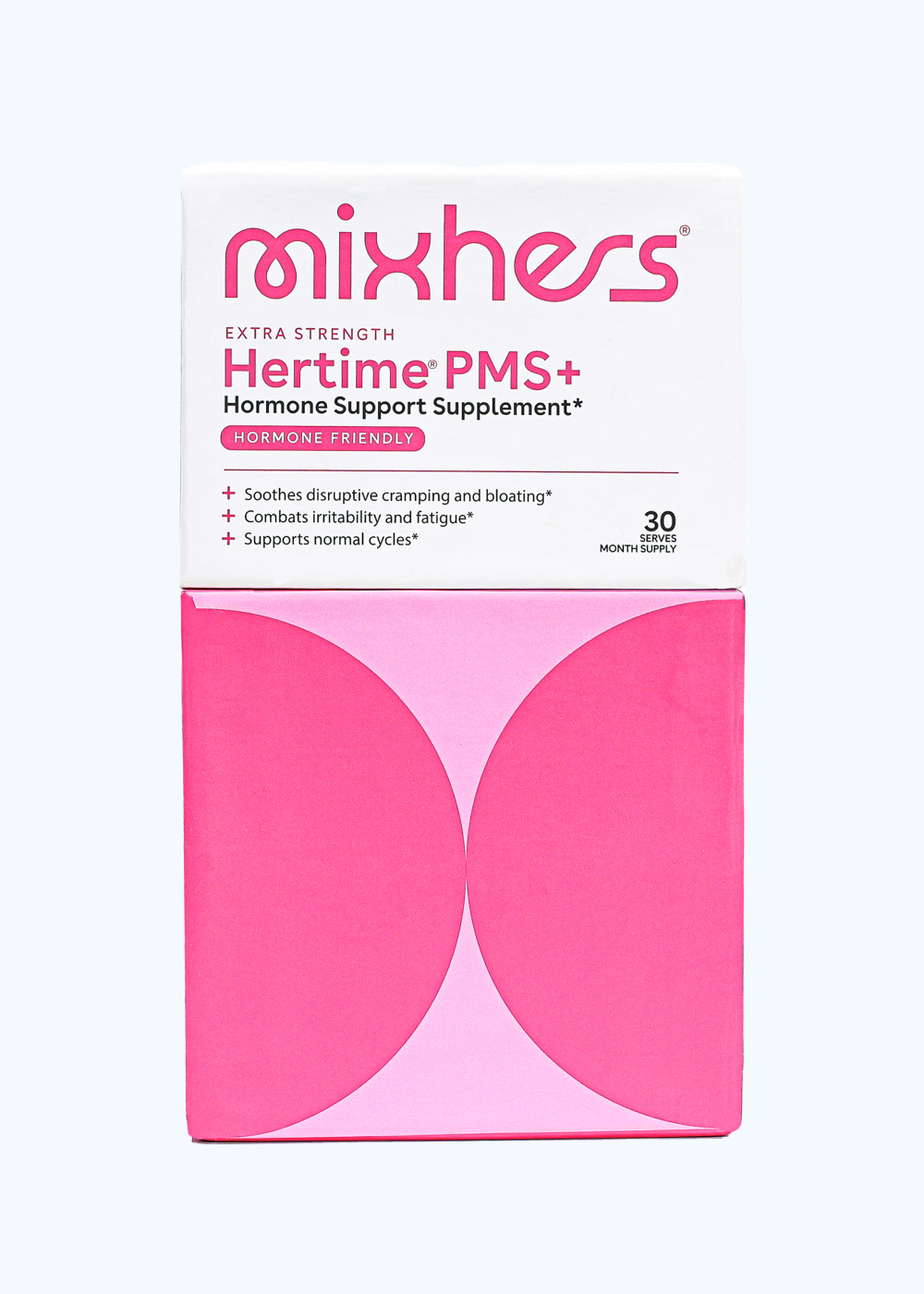The first step to improving gut health is recognizing when you have a problem. It looks like you've already taken that step, so congratulations! Improving gut health may seem like a monumental task, but it's not too difficult when you break it down into actionable steps. Here are a few suggestions for boosting desirable microbes in your gut and getting rid of unwanted bacterium types.
The most important thing you can do to improve gut health naturally is to analyze your diet and get rid of highly processed foods. Aim to eat whole, unprocessed foods as often as possible. This will require you to spend more time shopping on the outskirts of the grocery store (where the produce and meat departments are usually located) and spend less time in the middle of the grocery store (where most highly processed foods are located).
It's also smart to add fermented foods to your daily diet. These foods contain beneficial bacteria that can help restore proper gut balance. Some good fermented foods include:
- Plain yogurt
- Kombucha (with no sugar added)
- Miso (the refrigerated type)
- Fermented vegetables
- Sauerkraut
- Pickles (the kind made with salt instead of vinegar)
- Kimchi
- Kefir
- Tempeh
- Aged cheeses with live cultures
- Other probiotic drinks with no added sugar
Some of these foods can be hard on your stomach if you aren't used to them and if you don't have sufficient healthy bacteria to break them down properly. For this reason, it's best to start with a small amount (such as a teaspoon of sauerkraut with your dinner). Over time you can work your way up to larger amounts of fermented foods that will help keep your gut microbiome healthy and diverse.
Did you know as many as 75% of Americans are chronically dehydrated? You could easily be one of them. Every cell in your body requires water to function optimally, but your digestive system is particularly reliant on sufficient water to digest food properly. Sufficient water is also required for keeping the microbes in your gut properly balanced.
There are so many different recommendations for how much water you should drink based on your height, weight, and even your gender. To avoid confusion, a good rule of thumb is to drink enough water that your urine runs clear and doesn't have a pungent smell.
Your gut needs quality sleep to stay healthy. Chronic lack of sleep can impact your gut health and your overall health negatively. If you're trying to restore your gut health, aim to get at least seven hours of sleep every single night.
Once you get your eating, drinking, and sleeping habits under control, it's time to reduce your stress levels. Chronic stress is terrible for your gut health as well as your overall health. There are several different ways you can reduce your stress levels. Try going for a relaxing walk every day, spending more time with people you love, and getting regular massages. Meditation is also a great way to minimize stress in your life.












